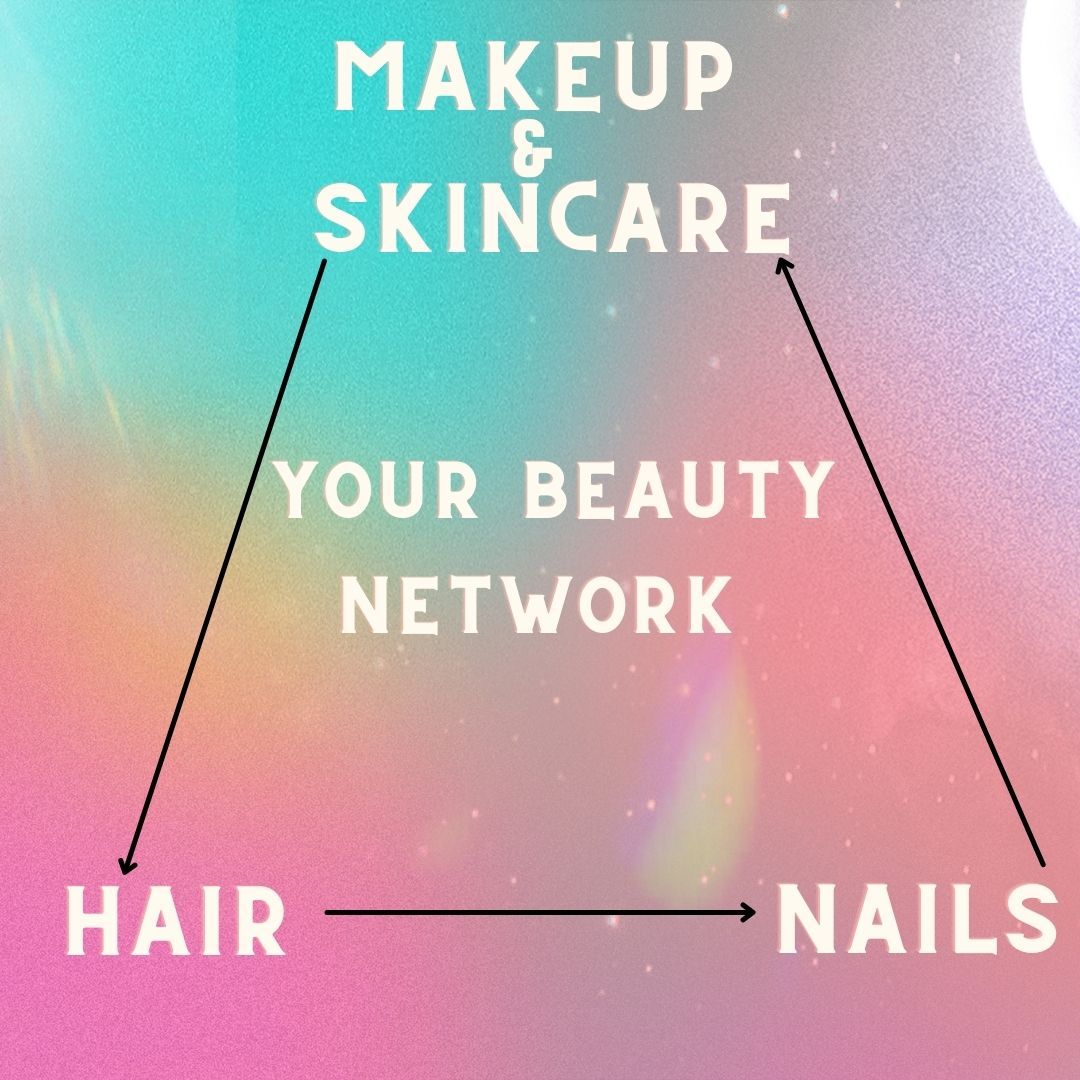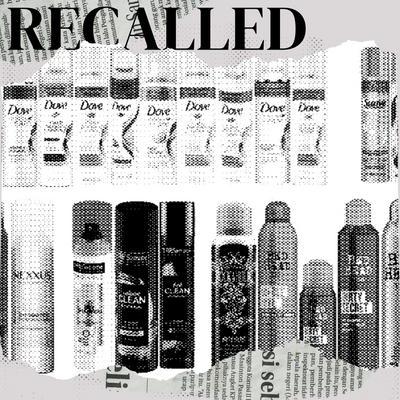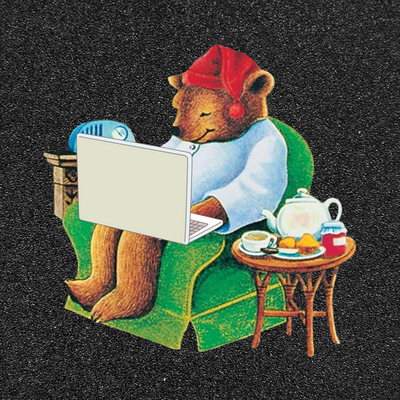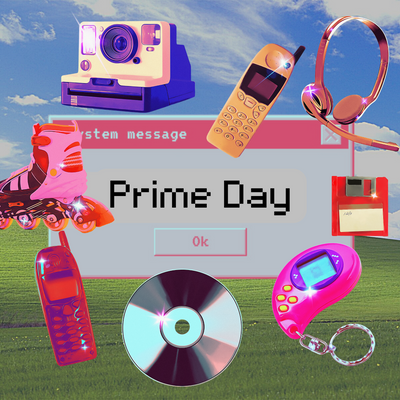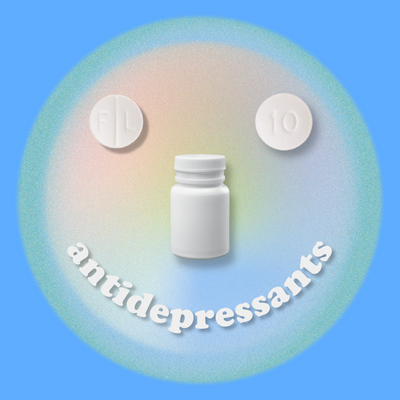Icebreakers might be some of the worst things to come out of an institution.
What’s your favorite show? What’s a fun fact about yourself? What is one thing we would never guess about you? I’ve actually forgotten everything about myself and everything I like, so I won’t be able to answer that question, sorry. I haven’t even decided what fictional character I’m going to base my personality around. I’m eleven, fifteen, seventeen, twenty years old, and the situation always plays itself in the same way: my classmates spoke in turn, and I awaited my response, the only thing going through my head was the fact that I didn't know what to say. It seemed entirely impossible to compress my entire being into my favorite color if I had to pick one. A safe, predetermined, default answer wouldn’t work because some rooms call for different fun facts.
"Isn’t it nice and comforting to know that we are never truly alone in our feelings?"
First day of school, small talk with strangers we’ll likely never see again, and even the process of making friends that you want to last forever — it is never a fault to seek similarity in others through our interests. The expansive nature of the internet only amplifies that. In online spaces, hobbies are treated as commodities to collect as a way to make us look like a person who is made of those interests rather than having them. It’s rather ironic that I make this comparison because, once again, someone has already conveyed it in better words than me. Here’s my food for thought: does the internet’s treatment of relatability not mirror our elementary tactics of getting to know someone?
As much as I loathe icebreakers, even I can admit that they do have merit to them. I remember racking my brain for things I could share in the freshmen Facebook group that my college started. (My mind blanked here as well, if you were wondering if my behavior towards icebreakers is consistent). Of course, I was eventually able to curate a list of my favorite things — but only surface-level favorite things. Any information beyond genres and high-profile celebrities and MBTIs was reserved for true relationships. What can I say? It’s the introvert in me.
I’m going to be hypocritical for a brief moment. Had I been able to summarize my entire being into one word, one picture, one meme, I would. That’s why I love the Little Miss memes so much. Because only in this digital age could we go down a rabbit hole of silly yet gratifying cartoon characters associated with relatable traits. From Little Miss Girl Blogger to Little Miss Scared to Drive to Little Miss Grasping for a Sense of Community in an Increasingly Alienating Digital Landscape.
The internet is a place where people will come together to love a trend and denounce it in the same breath. Trends die when they stop being fun (or no longer suit our online aesthetic). Before the Little Miss memes took the stage as the trendiest medium of self-identifying, people would identify themselves to others by listing things they like. One glance at their page will give much-needed clarity about whether they are a substack/soundbite/is this relatable or should I get diagnosed/film bro (chronically online) or clean beauty/male gaze this/written by a woman that/femme fatale playlist curator (susceptible to changing opinions based on the comment section).
Poking fun aside, notice that the forefront of these personalities nurtured by the internet will often be what the person consumes. Because you can’t just casually like something — you have to inhale and digest it like no other. Can you really bond over such interests if your obsession doesn’t look like mine? This trend, as does every trend, started out as fun — just a simple way to connect with strangers. A prompt that signals to everyone like them that they are approachable and friendly, and really, feel free to gush about this thing because I would love to gush about it too.
Relatability is such a sweet thing, and very human for us to enjoy. It goes like this: I’m reveling in a mood that I can’t describe unless I say something along the lines of “this feels like the way ink blots and popcorn ceilings sound like,” which, I know, is already incoherent, confusing, odd. That says nothing for someone and everything for me, so I take that mood (or thought or feeling) and keep it in the corner of my mind with only myself to understand. Except I am not the only one who understands. Whether it comes in the form of 200 characters over a room tour posted on Tiktok, a tweet, or a poem from one hundred years ago — someone has felt exactly what I was feeling, and they expressed it in better words than I ever could.
Do we really have to diagnose ourselves as caricatures for daring to find all the small pieces of ourselves that make up another person? Isn’t it nice and comforting to know that we are never truly alone in our feelings? In that regard, the internet can only seem like a haven for finding that sense of community. Individuality is not reviving the I’m not like other girls mindset to situate yourself as someone with a sense of self in the midst of people creating connections based on things they both like. Individuality is found in your personality beyond; the personality that exists despite. Besides, I find that genuine (online) relationships are created when we aren’t quantifying our level of relatability by how many trends personality traits can fit in a bio.
READ MORE LIKE THIS


